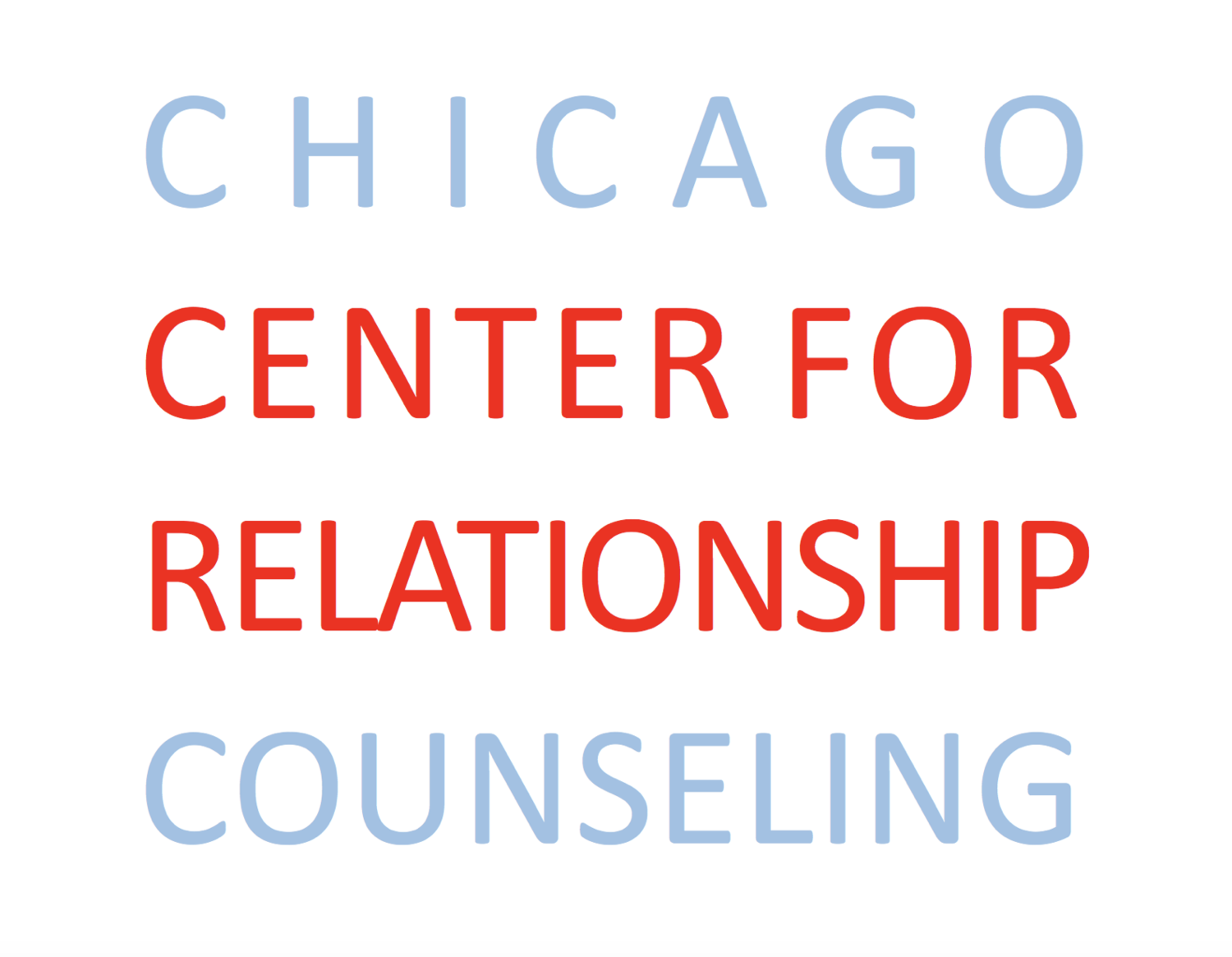NCRC is proud to periodically spotlight one of our staff therapists so as to give you a chance to get to know their unique qualities and interests. Today's spotlight is on Anikó Blake.
1. Why did you decide to become a therapist?
The therapist’s role, and the therapeutic environment, appealed to me at a very early age. Witnessing by proxy the shifts that can occur through the power of a human-to-human relationship had me in awe. Relationships continue to be a fascination of mine, and the basis from which I center my readings, research, and curiosities. I am a life-long learner of the endless facets of human connection. Being a therapist has been a rewarding medium to help others help themselves in making the most of the relationships in their lives- including the one they have with themselves.
2. How do you think change happens?
Change happens when we perceive opportunity in our lives. Sometimes change is a matter of shifting from one ‘place’ or ‘state’ to another that we predict, plan for, or are required to face. From partnered to single, from adolescence to adulthood, from healthy to chronically sick. Yet, often it occurs by bravely stepping into a state of unknowingness, and leaving the safety and security of our previous reality behind. It is less about knowing where we are going, but having a plan for moving. What I find beautiful about embracing uncertainty is it makes room for ‘arrivals’ along the way that we may be unaware are possible. Uncertainty thrives on creativity, internal strength, relational endurance, and hope. This practice allows for change to happen in the now, and also provides a practice for how to create it in the future. True change cannot be taught or gifted, it must be created and owned by the person seeking it.
3. Do you have a certain therapeutic style, method, or model of therapy that you generally use?
My work is guided by the belief that how we interact with ourselves and our surroundings at one point served a useful purpose- or perhaps still does. Sometimes these purposes are made useful by our families or communities, and may be learned intuitively. Therapy can be the process of relieving ourselves from continuing thoughts and behaviors that no longer suit our goals or fit our values. It is a rewarding experience in therapy when my clients can find new ways of being with themselves and others that reflects their complete, authentic self.
4. What is your educational and professional background?
I was born and raised in Chicago, and attended both private and public schools throughout my education. My undergraduate studies were completed at DePaul University in psychology, with a focus on human development and interpersonal communication. An interest in the role of words and dialogue in intimate relationships lead me to complete an honors research project and paper, which focused on the use of swear words in couples’ conflict. Main finding: it depends! My continued interest in the intersection of culture, family-of-origin, gender, race, and other forms of identity in relationships brought me to The Family Institute at Northwestern University. In their Masters in Marriage and Family Therapy Program I completed two years of rigorous coursework, over five-hundred hours of hands-on therapy experience, and contributed to the development of a pre-marital workshop.
5. Do you have a specific focus or interest in your clinical work?
During graduate school, I received my Prepare/Enrich Facilitator certification. I am passionate about helping couples, particularly in the early stages of their relationship, in creating a foundation for long-lasting relational well-being. Often this is work is conducted in a relational context, but truly the work starts from within each person. It brings me great fulfillment to see couples collaborate on creating a relationship worth wanting, while developing more self-awareness and compassion in the process.
Beginning this month, I will also c0-lead a women’s group with Meredith Cohn Srivastava, a neighbor psychotherapist at our Northside clinic. This is a weekly group, focusing on identity and self-awareness, that has been running for five years. In the future, I plan to create additional groups centered around challenges I frequently see clients facing, not limited to: healing after an abortion, transition into parenthood, and expanding relational self-awareness.
Starting next year, I will also be obtaining extra clinical experience in systemic-based Play Therapy. This method of therapy is a wonderful medium for children to best communicate and grow through using the developmentally appropriate language of play. In the future, I plan on integrating these tools in adult and family psychotherapy, as well, as they can be a wonderful way to boost the creative thinking that is often set aside in adulthood. A favorite quote of mine, by George Bernard Shaw, is “We don't stop playing because we grow old; we grow old because we stop playing.” I am excited to see the ways I may assist my clients through using play to express thoughts, emotions, and experiences to help them reach their therapeutic goals and improve their overall well-being.
Anikó currently sees clients at our Ravenswood location.
She can be reached by phone at (773) 242-7276.



